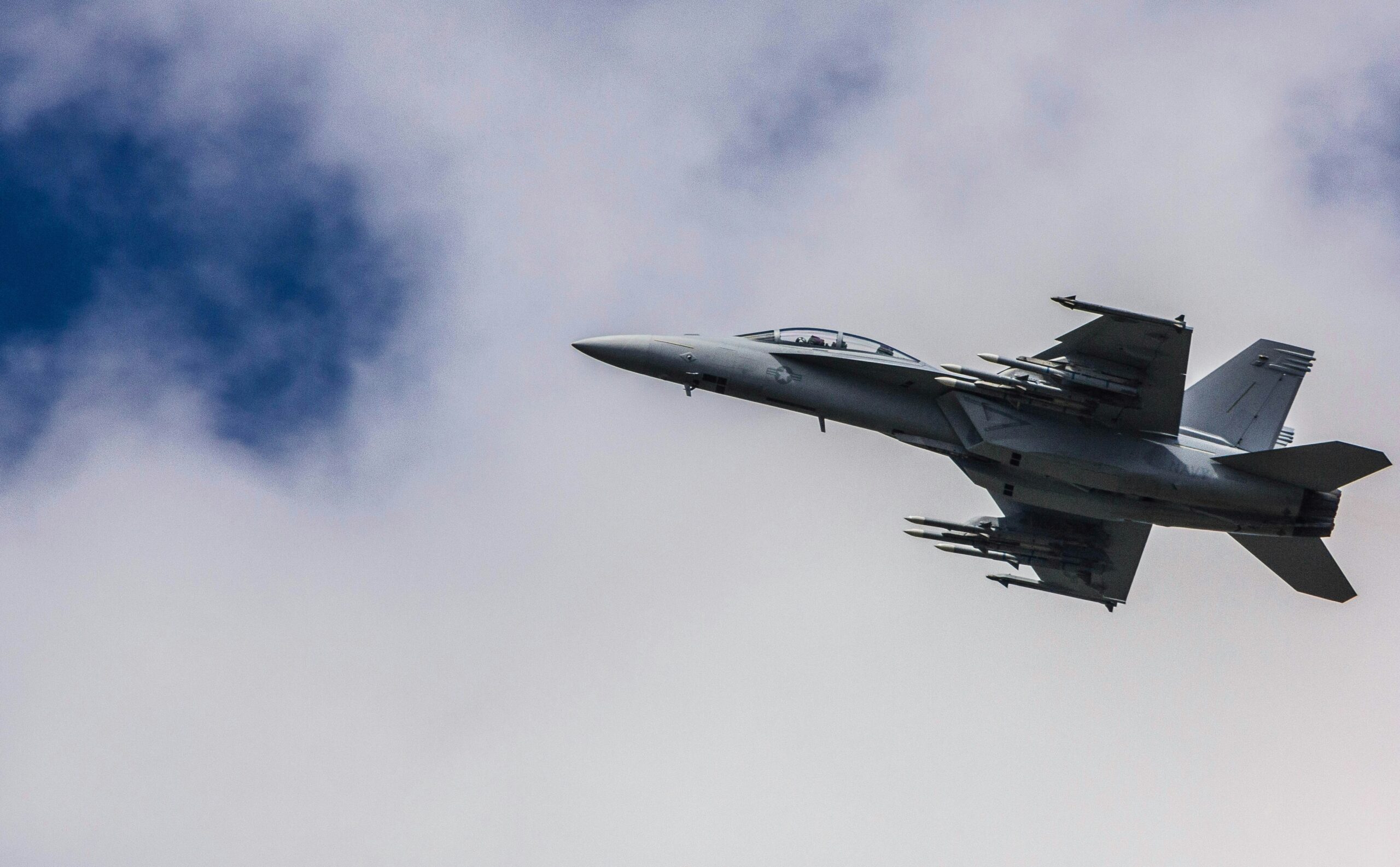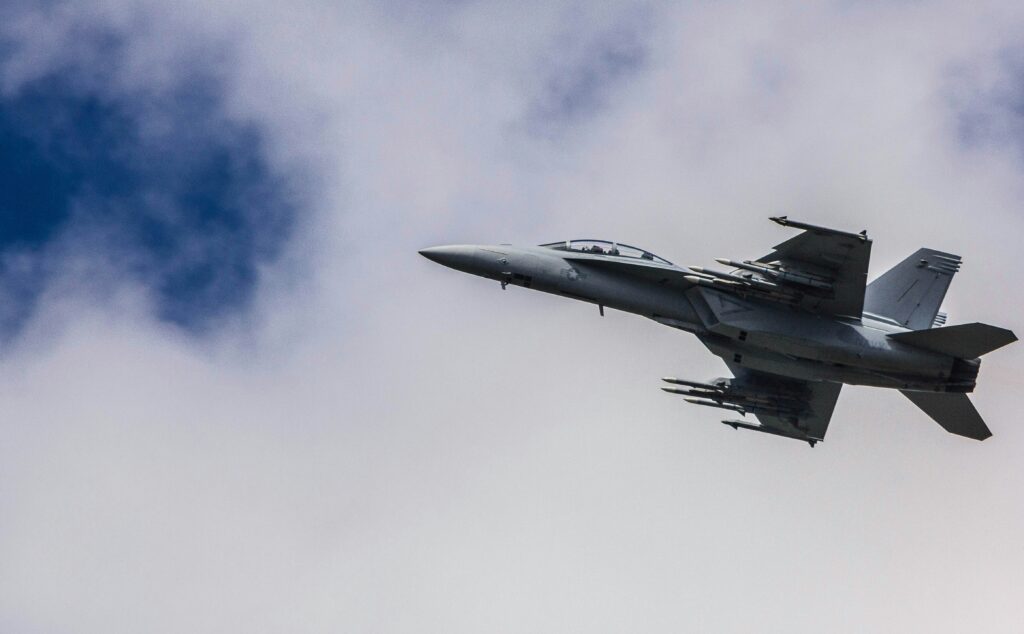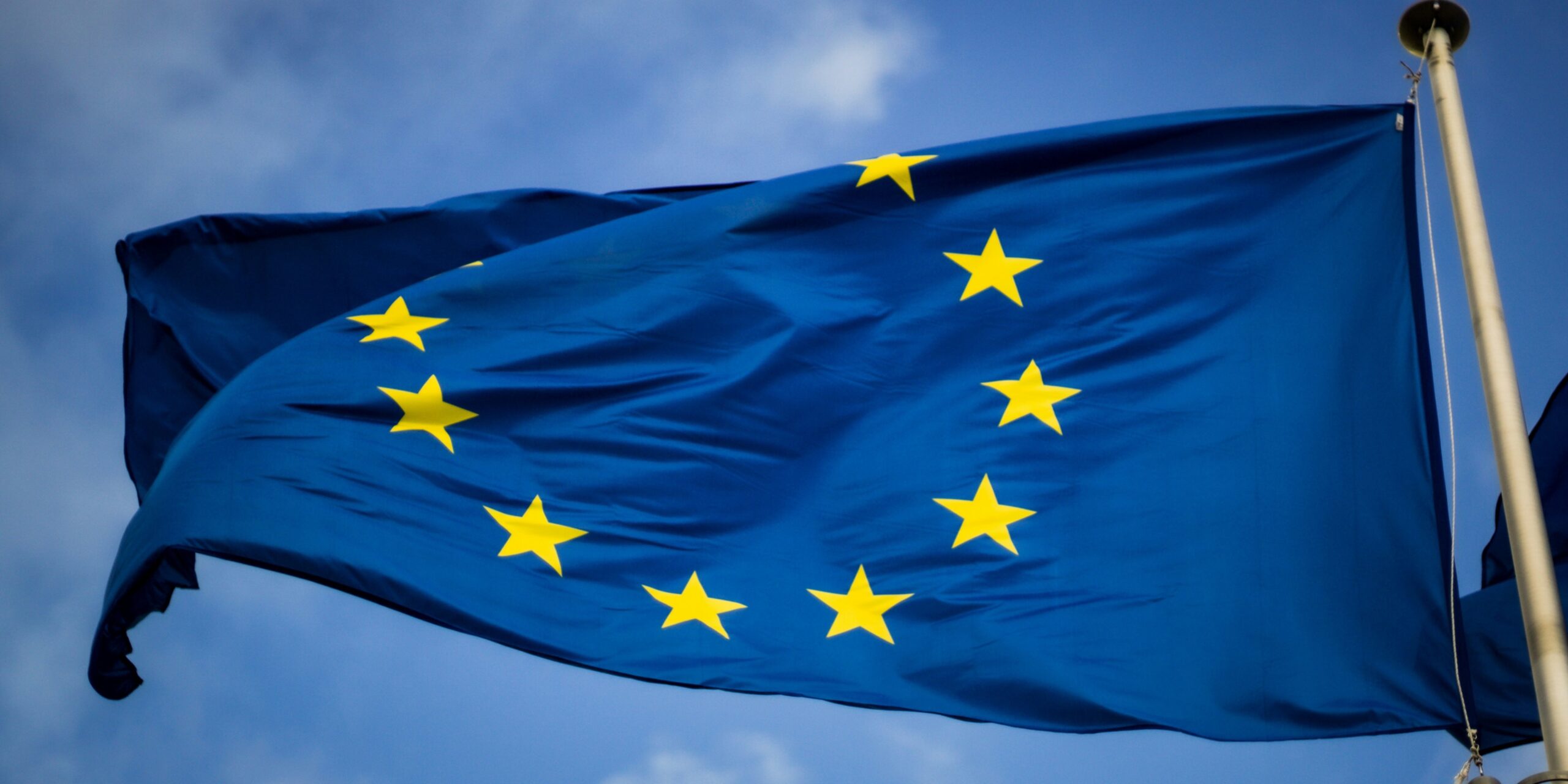
Financing the Defence Industry

A year after the first White Paper, by Eight Advisory, our international arm, political momentum has accelerated, but investment standards remain a major hurdle. While Eastern Europe ramps up unprecedented defence commitments, investors are still steering clear of the sector. The question is: how do we mobilise capital to support Europe’s security ambitions?
After a prolonged period marked by budget constraints and workforce reductions, the European defence sector is experiencing a significant resurgence. Since the onset of the Ukrainian crisis in 2014, leading European nations – France, Germany, the UK, Italy, and Spain – have steadily ramped up their defence expenditures. The 2022 invasion of Ukraine further accelerated this trend, compelling NATO allies to boost their military equipment investments. Additionally, emerging geopolitical uncertainties – especially those linked to the Trump administration’s stance in the U.S. – have only heightened the sense of urgency. As a result, the NATO benchmark of spending 2% of GDP on defence is no longer seen as an ambitious goal but rather as a minimum baseline – and possibly an insufficient one – in today’s climate.
Mid-Tier Defence Firms: Key Players Facing Major Financial Hurdles
Despite the promising outlook and full order books, securing adequate funding remains a persistent challenge for many defence-sector players – especially for mid-sized firms that form the backbone of the European Defence Technological and Industrial Base (EDTIB). While large, dual-use defence contractors typically maintain solid access to financing, small and mid-tier enterprises face a more difficult reality. Their obstacles range from complex EU regulations and perceived credit risks to political pressures, influence from NGOs, and above all, the reputational risks associated with defence activities. These companies are critical to the industry’s value chain, and their struggles with financing are slowing both their growth and that of the broader defence ecosystem. Notably, this is a Europe-wide issue: organisations from France’s GICAT to Germany’s BDSV report similar challenges across national lines.
Exploring Private Equity as a Financing Avenue
Though relatively underrepresented in the European defence landscape, Private Equity funds may offer part of the solution to these financing roadblocks. Admittedly, several factors complicate their involvement: limited market liquidity, deep state involvement, and complex cooperation structures (e.g., industrial consortia or joint programmes). However, the sector still holds strong appeal: it offers long-term visibility, predictable cash flow, cutting-edge innovation, and significant entry barriers. While overall M&A activity has slowed recently, deal-making in the SME and mid-cap segments remains active—driven by the need to secure critical components and absorb niche technologies. These transactions help companies strengthen their margins, expand capabilities, and fortify their supply chains, ultimately fostering more resilient and diversified businesses. In addition to capital, Private Equity brings strategic expertise in operational optimisation, financial structuring, and long-term value creation—assets that are especially valuable to the EDTIB.
Supporting Defence Ambitions with our Expertise
We offer comprehensive support to stakeholders across the aerospace, naval, and defence sectors throughout Europe. Drawing on deep industry experience in strategy, operations, finance, and transactions, our teams deliver end-to-end services – from M&A and tax due diligence to business transformation, valuation, and purchase price allocation. Whether you are navigating a complex acquisition or driving strategic change, we are ready to deploy experienced professionals to help you succeed in an increasingly intricate and demanding defence environment.
Download our whitepaper to learn more!


















































